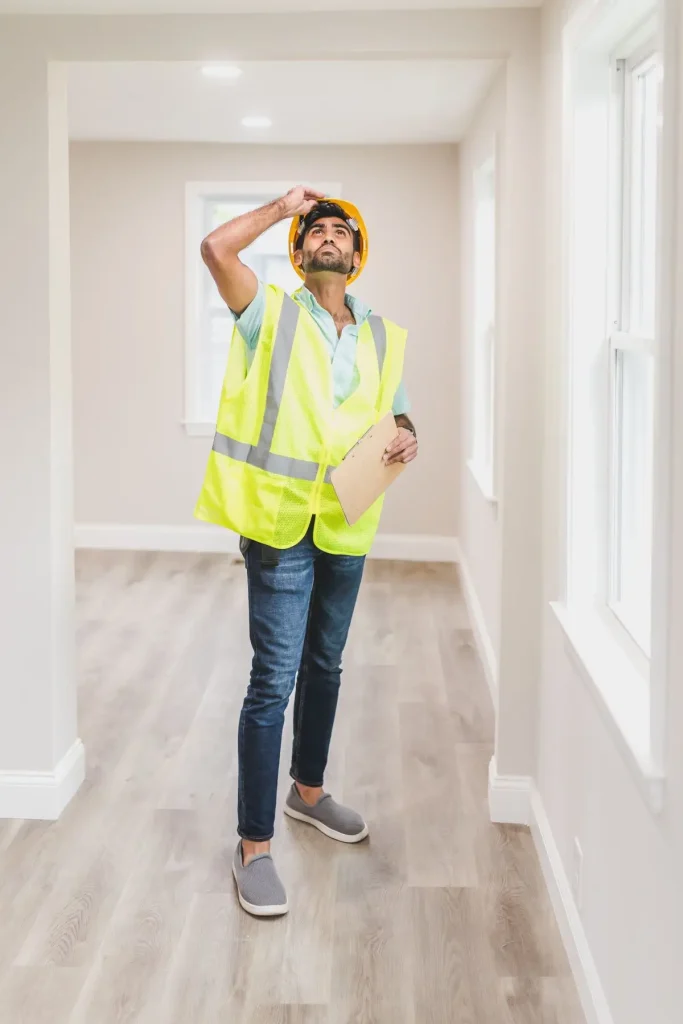The phrase “house turnovers” has become well-known in the rapid market of real estate Philippines as an essential component of real estate deals. It is known as the process by which the legal title to a residential property is passed from the home developer to the home buyer. This crucial stage signifies the end of a real estate project and the start of a new chapter in the lives of homeowners.
However, it’s important for homeowners to take note that, as simple as it may sound—it is not. In fact, there are a lot of things potential homeowners should check and understand before they officially proceed with their house turnovers.
Hence, in this article, the different aspects of house turnovers will be explored in the context of the thriving real estate Philippines. This includes solutions to potential challenges such as delays in turnovers, as well as outlining a homeowner’s checklist before they sign off on a house turnover.
What is a House Turnover?
To put it simply, a turnover is the formal procedure by which the property gets turned over to its legal owner.
Although each turnover process varies from property to property, they all generally follow a similar set of processes that conclude in the legal documents being signed. Certain processes require some prior information; if a homeowner is unaware of what to anticipate, then they may miss something or not benefit as much from the procedure as possible.

Therefore, to help homeowners, here’s what they must be aware of—and double-checked—before signing their turnover documents:
A House Turnover Checklist for Homeowners Before Signing a Contract
1. Check for any fees in your turnover contract.
Only once a home buyer has paid for the equity and additional processing fees can a property be turned over. It’s important to remember, though, that some home builders charge move-in, homeowner’s association, and water and electricity installation fees from prospective homeowners.
Thus, before signing the turnover contract, one should ensure a thorough review of the fine print for any fees. It’s advisable to also ask the agent for clarification on terms and clauses that may be unclear. Taking such measures will help make sure that there are no unforeseen fees after the turnover contract is signed.
2. Examine the floor and lot areas.
Home buyers will always have an advantage if they are aware of the key information in their contract, such as the floor and unit area. Thus, as floor and lot areas are commonly measured in square meters, it’s crucial to confirm that this information is stated in the turnover agreement.
Likewise, while it’s not necessary to measure the entire property by hand, it’s best to be able to approximate. It is advised for home buyers to ask the agent to clarify these matters.
3. Inspect the ceilings, walls, and floors.
Begin the evaluation process by assessing the flooring, followed by the walls, and lastly, the ceilings. Thoroughly examine for any cracks, uneven wall surfaces, or misaligned ceilings. Take note of any issues identified in the turnover contract so that the developer can address them. It’s advisable not to proceed with the signing if the identified issues are not resolved.

4. Check out telephone outlets, wiring, and electrical outlets.
Numerous homeowners neglect to check their electrical outlets as they believe it would be irrelevant to check them.
However, buyers should be mindful that signing a turnover contract means attesting to the fact that everything is in working order. If a homeowner forgets to inspect even one area of their house, they will not be held responsible for the repairs, which could be expensive. This includes phone, cable, and electrical outlets, therefore it’s important to check if there are any issues to ensure that all are indeed in good operating order.
5. Take the amount of time available to go over the contract.
One’s interest in buying a property is natural, but that does not mean that the contract needs to be signed quickly without an extensive examination. Thus, it is best to make use of the time allotted, go over the agreement again, and check as frequently as necessary until satisfaction with the outcome is achieved.
What To Do in case of Delays in House Turnover? (Legal Steps)
Getting a new house is a dream come true for many people. In spite of the excitement that comes along with owning a home, it’s crucial to bear in mind that the process might occasionally present certain obstacles, such as unforeseen delays in house turnover.
Hence, being prepared for and mindful of potential obstacles is essential for a successful homeownership experience in the constantly evolving real estate Philippines.
1. Assess the contract.
Potential homeowners must carefully go over the terms and conditions of their purchase agreement, paying special attention to the dates assigned for turnover and any clauses pertaining to delays.

2. Direct contact with the home developer.
Ideally, home buyers should try to work directly with the developer to address the situation. They’ll have to submit a written request for a revised turnover timeline together with a detailed explanation for the delay.
3. Record each communications.
Home buyers should make sure they have copies of every email, letter, and note exchanged with the home developer, including records of meetings and phone calls.
4. Formal demand letter.
If direct communication with the home developer proves unhelpful, home buyers may consider drafting a formal demand letter outlining their concerns and the actions they expect, preferably written by a lawyer.
5. Get legal guidance.
It is advisable to speak with a real estate attorney to learn about one’s legal options. The attorney can offer advice on what has to be done, including whether to file a lawsuit against the developer.

6. Make a complaint.
If the developer does not respond to issues, home buyers can submit a complaint with the Housing and Land Use Regulatory Board (HLURB), which is in charge of resolving disagreements between home buyers and home developers.
7. Explore alternative dispute resolution.
Before filing a lawsuit, take into consideration other conflict resolution options such as arbitration or mediation, which are also provided by the HLURB.
8. A lawsuit.
If all else fails, home buyers should consider pursuing a civil lawsuit for specific performance or breach of contract against the home developer to compel them to comply with their demands.
Bottom Line
House turnovers are an important occurrence in real estate Philippines that marks the beginning of homeownership for home buyers as well as the effective completion of a development project. To guarantee a smooth transition of ownership, the process requires careful assessment, documentation, and legal compliance. Both home buyers and home developers may support the expansion and sustainability of the real estate market by being aware of the importance of house turnovers.


